
The Fed Waited Too Long: Here Comes Inflation
Economics /
Inflation
Feb 26, 2015 - 05:09 PM GMT
By: EconMatters


CPI Core Shows Inflation
The drop in energy prices, had the knee jerk reaction that we were in a deflationary spiral, again markets get many things wrong on first blush. The drop in energy prices is inflationary in the overall economy, and today`s CPI report showed what a sophisticated analysis would forecast regarding inflation and the role that low energy prices play in the overall inflation equation. We are going to have a transfer from the food and energy components which rely heavily on energy costs into the core inflation reading as consumers have more money in their pockets for true discretionary spending, and all these components` prices are going to rise in the CPI Inflation Index.
Wages, Wages, Wages
What should really be worrying for the Fed is that wages have been spiking under the radar for 2014, up ahead of the overall inflation metric, and leading the way on inflation, and 2015 has seen an even greater surge in wage inflation, again you might not want what you wish for when it actually comes to fruition, with wages surging the Fed now has no choice but to raise rates, and raise them fast!
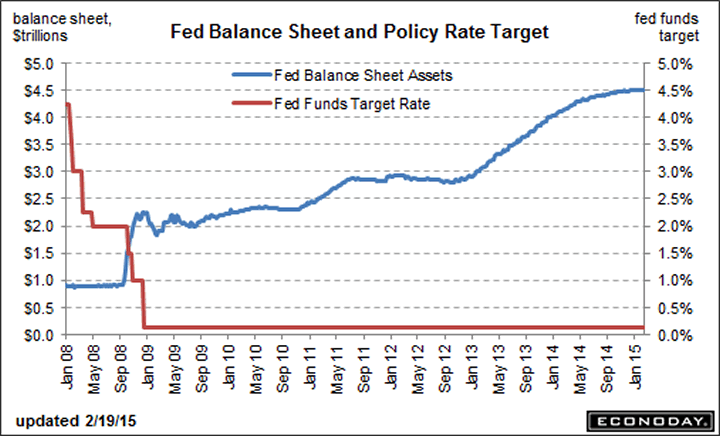
Walmart: Canary in the Coal Mine
It should have been a warning sign to the Fed when Walmart of all people voluntarily raises wages across the board for its employees, they aren`t doing this out of the kindness of their heart. If one takes a look at the JOLTS numbers, and the competition for employees in a tightening labor market, wages are going to have to rise to compete for the available labor pool. 2015 is going to be the year of the wages, and inflation is going to blow through the Fed`s 2% target towards the end of the year once the bad energy comp components come out of the data set.
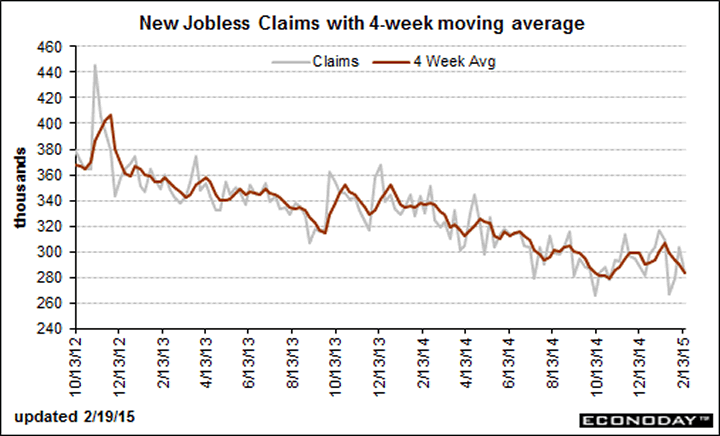
Lower Energy Costs are Inflationary to the Overall Economy
The drop in energy made everyone complacent on inflation, and everyone just assumed that inflation was never going to rear its ugly head again, but that was a mistake because we have had some elevated inflation numbers in the past 20 years with much less money printing, much higher Fed Funds Rates, and much lower overall energy costs coursing through the entire economic system. So when you look at the employment numbers for 2014 and 2015 it was only a matter of time before core inflation started picking up, stealthy at first due to the drop in energy prices, but slowly gaining steam under the radar, and the longer the Fed waits on raising rates the more they are going to have to raise rates the back half of 2016.
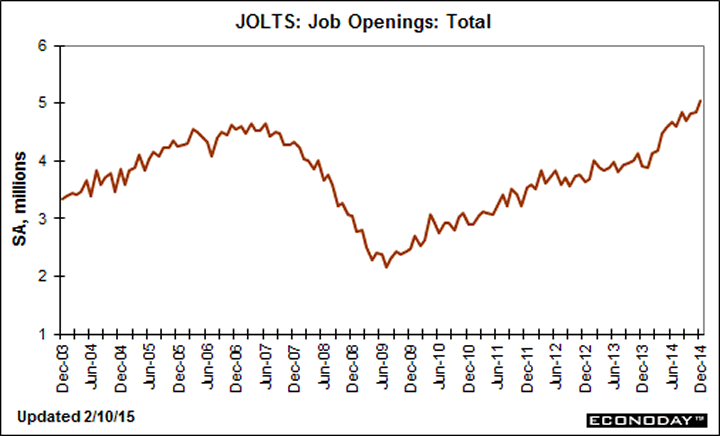
Follow the CPI: This is where the Demand is for Employees
This inflation surge is going to be led by wage inflation, which is to be expected given the tightening labor market, as lower fuel costs serve as a major economic stimulus net in the overall economy; leading to demand for workers in all the areas of the economy where this newfound stimulus is going, namely the services, manufacturing, and entertainment sectors of the economy.
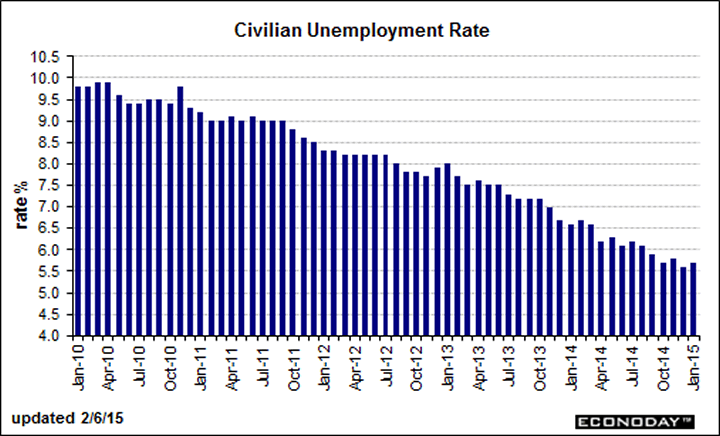
Retail Never Voluntarily Raises Wages Across the Board
By the time the markets and the Fed realize that inflation is a problem it is too late, today`s Core CPI reading ought to be the second warning signal for the Fed, the first being Walmart raising wages across the board for employees, that just doesn`t happen in my lifetime for the retail sector, they go out of their way to keep employee wages down as a cost component because margins are so tight, management is even incentivized to keep employee costs extremely low in many retail environments.
The fact that Walmart raised wages in the manner that it did ought to have alerted the Fed that something is going on in the underlying employment dynamics of the labor market that they aren`t addressing with their current ZIRP stance. By the time they realize that the labor market is so tight that employers are voluntarily raising wages across the board it is far too late, you are officially behind the curve as the surge in wage inflation is signaling loud and clear.
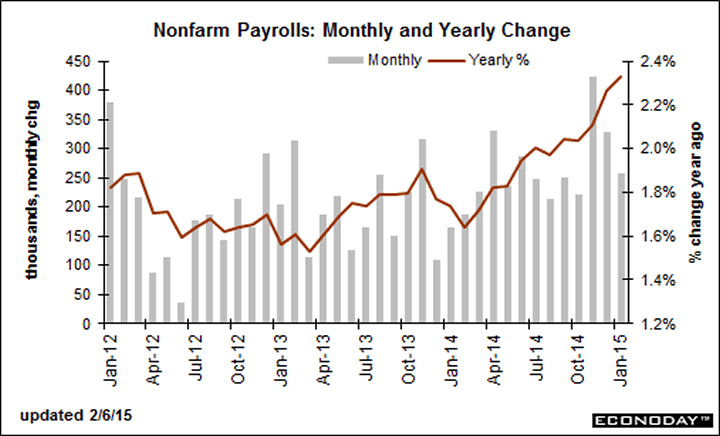
The Inflationary Cycle & the Vicious Cycle of Surging Wages in a Tight Labor Market
We were all expecting inflation to be problem with ZIRP, everything goes in cycles, wages were the last component to gain any footing in the inflation equation, but once they get started it becomes a self-reinforcing dynamic where higher wages lead to employees quitting lower paying jobs to move to higher paying jobs, employers then start competing for employees leading to more wage increases, all of which leads to a competitive fight over the existing available labor pool where the employees have the upper hand, something that hasn`t occurred for 8 plus years of the latest economic cycle. Well Janet Yellen you finally got your request granted in terms of wanting to see some wage inflation, one should be cautious what one wishes for because now it means you have no further excuse for not raising rates ASAP!
By EconMatters
http://www.econmatters.com/
The theory of quantum mechanics and Einstein’s theory of relativity (E=mc2) have taught us that matter (yin) and energy (yang) are inter-related and interdependent. This interconnectness of all things is the essense of the concept “yin-yang”, and Einstein’s fundamental equation: matter equals energy. The same theories may be applied to equities and commodity markets.
All things within the markets and macro-economy undergo constant change and transformation, and everything is interconnected. That’s why here at Economic Forecasts & Opinions, we focus on identifying the fundamental theories of cause and effect in the markets to help you achieve a great continuum of portfolio yin-yang equilibrium.
That's why, with a team of analysts, we at EconMatters focus on identifying the fundamental theories of cause and effect in the financial markets that matters to your portfolio.
© 2014 Copyright EconMatters - All Rights Reserved Disclaimer: The above is a matter of opinion provided for general information purposes only and is not intended as investment advice. Information and analysis above are derived from sources and utilising methods believed to be reliable, but we cannot accept responsibility for any losses you may incur as a result of this analysis. Individuals should consult with their personal financial advisors.
© 2005-2022 http://www.MarketOracle.co.uk - The Market Oracle is a FREE Daily Financial Markets Analysis & Forecasting online publication.









